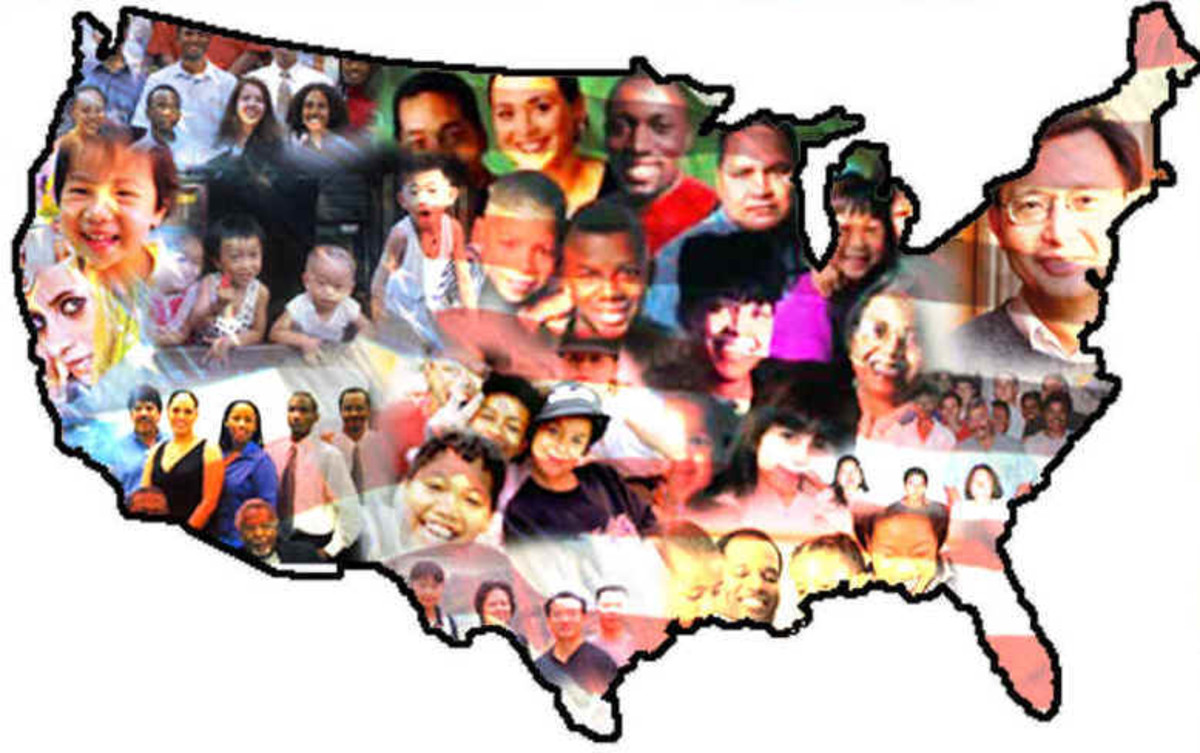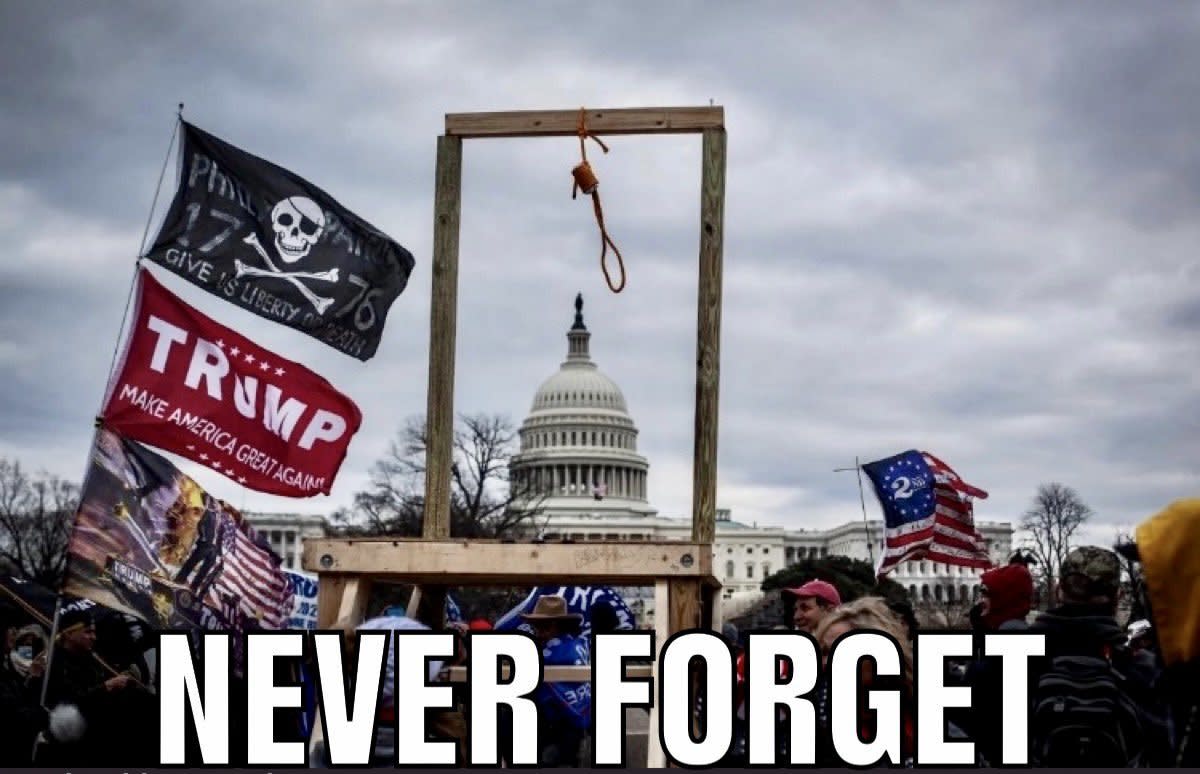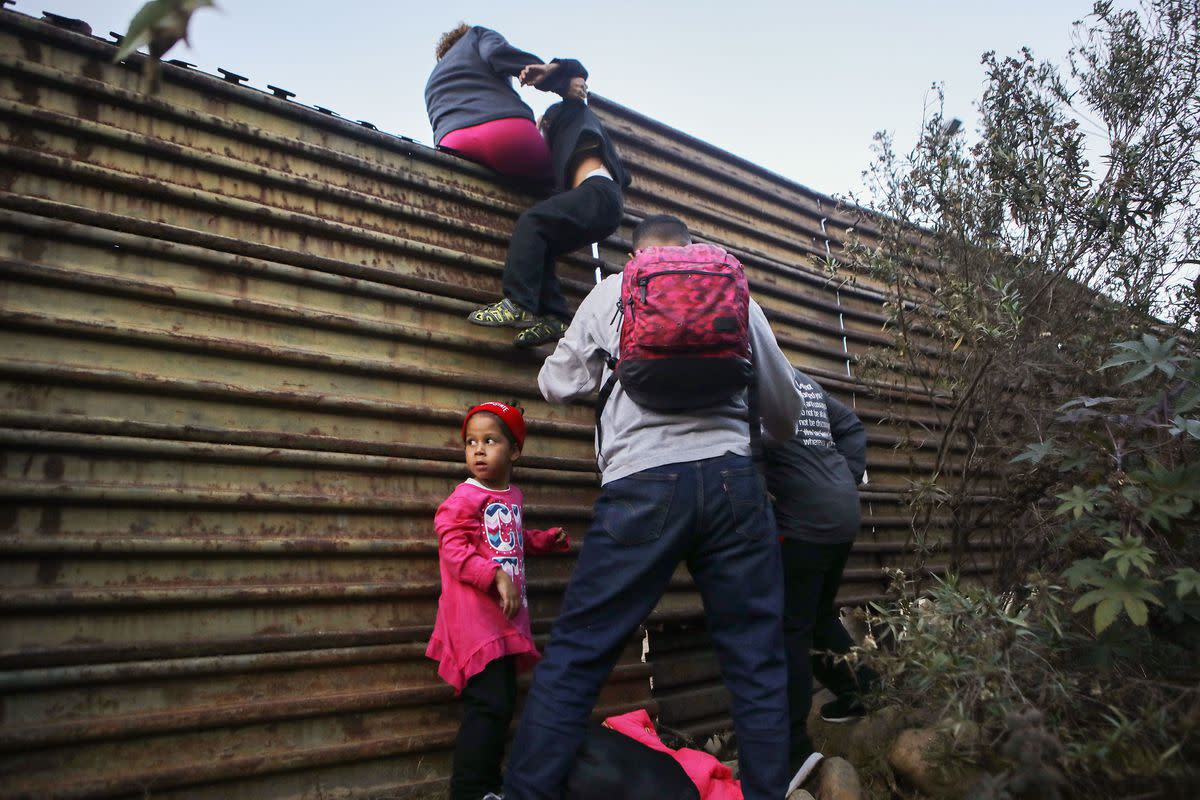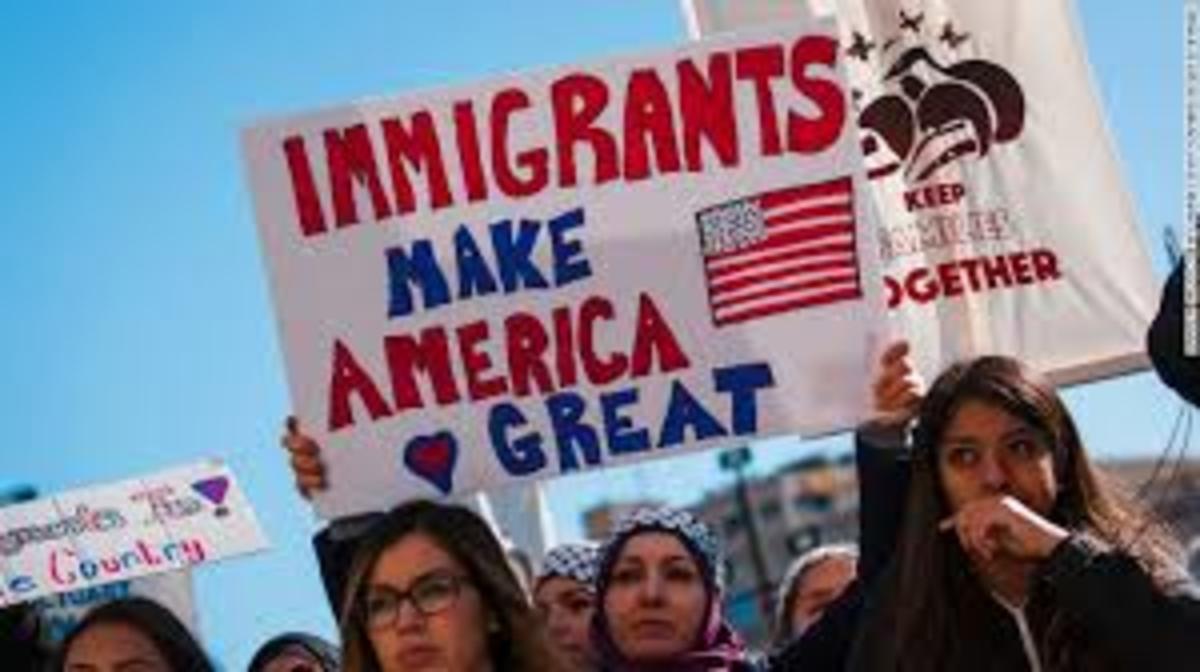A Story of America
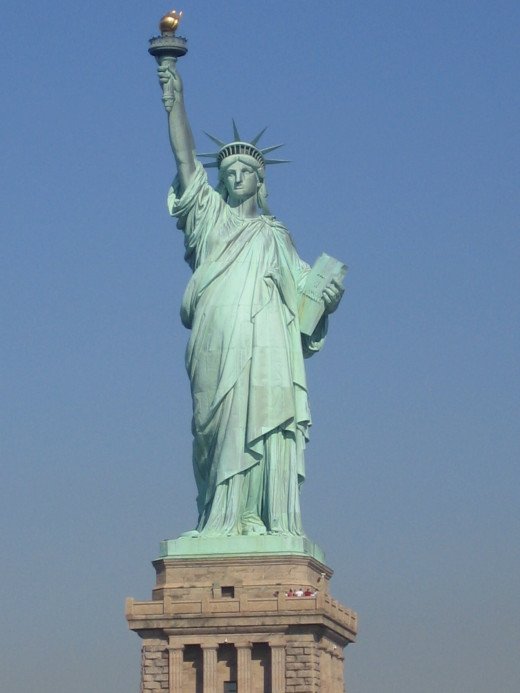
My grandfather Libario (Leo) Castano was 17 when he emigrated to the United States. Born on August 22, 1896 in Matera Province, Italy, he set sail aboard the SS Cretic and arrived in Boston in September 1913. He barely escaped a Europe that was on the verge of World War. He lived with friends in Worcester, MA and New Jersey. A scant 3 1/2 years later, the US was drawn into the World War and Libario answered the call of his new country by joining the US Army. He trained at Camp Devens, MA and for the second time in four years he found himself on a ship crossing the North Atlantic, this time bound for the battlefields of France.
In France, Private Castano saw action at the bloody St. Mihiel and Meuse-Argonne Offensives in the fall of 1918. He was assigned to the 167th Infantry Unit. It is quite possible that he was a replacement soldier, because the 167th was an Alabama National Guard unit with roots that go back to the Civil War. He received an Honorable Discharge from the Army in May 1919 and returned to civilian life.
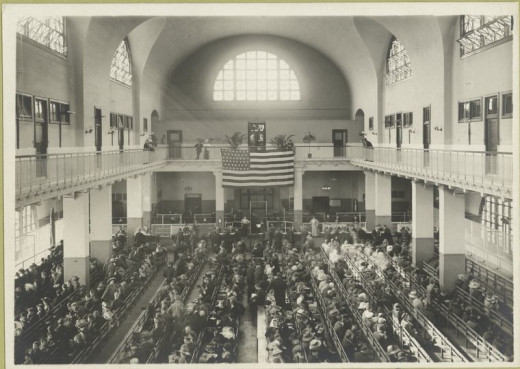
New Immigrants
Libario was one of 17 million Europeans who immigrated to the US in the first 17 years of the 20th Century. They came for many reasons. Some came because of poverty in their home country, others because of disease, overcrowding, lack of jobs , persecution and other personal reasons. Still others came to America to own land, live in a country where the rules were minimal, satisfy their sense of adventure and make their fortune. America offered all of them a measure of political freedom and economic opportunity.
The impact they made when they came over was immense. Together with those who came before and those who came after, they built America. They provided the manpower that made this country an industrial giant. They worked the farms, coal mines, factories, mills, and forges. They entertained, were involved in the arts, made clothes, cleaned homes, cooked food and like Libario, fought in our wars. They built the skyscrapers in our biggest cities. They made America the complex, diverse country it is today.
But it wasn’t always easy. In Europe, steamship lines, employment agents, railroads and others advertised that America was paradise on earth. When many immigrants arrived, they lived in filthy, disease ridden tenement housing and worked dangerous and menial jobs for low wages. And they dealt with prejudice from those who had been in this country before them. One Italian immigrant summed it up this way: “I came to America because I heard the streets were paved with gold. When I got here, I found out three things: First, the streets weren't paved with gold; second, they weren't paved at all: and third, I was expected to pave them.". A few gave up and went back to their home country, but most stayed and dealt with the misery for the hope of a better life.
A lot of the prejudice that the immigrants experienced was religious. America at the time was largely Protestant. Most of the immigrants were Catholic or Jewish. They came to America with their beliefs and many people believed that they would not assimilate and “become American” (Prejudice against Catholics lasted well into the 20th Century. When John Kennedy, whose grandparents were Irish immigrants, ran for President in 1960, a major campaign issue was his Catholism).
But they did assimilate. Their children who were born and brought up here for the most part lived a better life than their parents as did their grandchildren. They achieved a better life for them and their families. In the process they added to the rich tapestry that is America.
Leo's Story
Leo Castano came home from the war in 1919. He was awarded his Citizenship from a grateful nation. He lived with friends in Worcester, MA and worked menial jobs. In 1928 he married Catherine Leone, the American born daughter of Italian immigrants. They lived in tenements in an Italian neighborhood in Worcester, MA.
Around this time, Leo went to work for the City of Worcester as a garbage collector, a job he held for the rest of his working life. Between 1930 and 1937, he and Catherine had three girls. The Great Depression was very hard on them, but by 1949, they had saved enough to buy a plot of land and build a house of their own. With help from Catherine’s father, a stone mason by trade, they built a stone house on the outskirts of Worcester. Here he was the king of his own domain. He indulged his desire for raising his own vegetables and making his own wine.
Leo died in 1961. His oldest daughter, Catherine, still lives in the stone house. His second daughter, Lucille, lives with her husband in an adjacent lot in a house where they raised two children. The house was built where Leo’s vegetable garden once stood.
Leo and Catherine’s third daughter was named Anna. She was my mother. She met my father, in high school in 1955. My father is the son of an Irish immigrant mother, Catherine McSweeney and a first generation French Canadian father, Denis M. Dussault. My parents were married in 1959 and welcomed me in 1961. They had 3 more children after me. We lived in an apartment in Worcester until we moved to a house in nearby Grafton in 1972 where my father still lives. My mother passed away in July 2011 at the age of 74.
Leo only lived to see three of his six grandchildren (and I was an infant when he passed away. ) We all have grown and are making our mark on America and the world. Leo and Catherine have ten great-grandchildren.
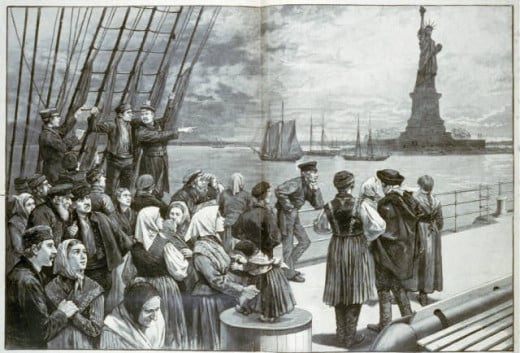
Becoming American
Previously in this space, I have written about the American’s who went off to war so we could be free. I believe whole heartedly they should be honored. But I also believe the sacrifices that were made by immigrants who came over here to a strange land and endured and sacrificed so their children and grandchildren could be free, deserve just as much praise. People are still immigrating to this county today as they were a hundred years ago. Despite the current controversy over immigration (there has always been controversy), the immigrants today are coming here for some of the same reasons Leo came. They are coming from Mexico, South East Asia, the Caribbean, Brazil, Ghana and other places.
The tale of a single immigrant is not unique, with the exception of Native Americans, everybody came from or had ancestors who came from some place else. Leo’s story, multiplied by three hundred million or so is the story of America. Immigrants created the unique melting pot that is the United States. They have strengthened our country, physically, socially and morally. They have created and contributed to our technology, culture and ideals. They may have come over here as Irish, Italians, Poles, Russians, Greeks, Slavs, or Scandinavians, but within a few years, they were Americans. They sacrificed and struggled so that their children and grandchildren could live and succeed in the freest country the world has ever seen.
As we celebrate the Fourth of July, we are reminded of the Founding Fathers, the men who have sacrificed all on the battlefield and what it means to be American, Let’s not forget the “huddled masses” that came here and created America.
*********
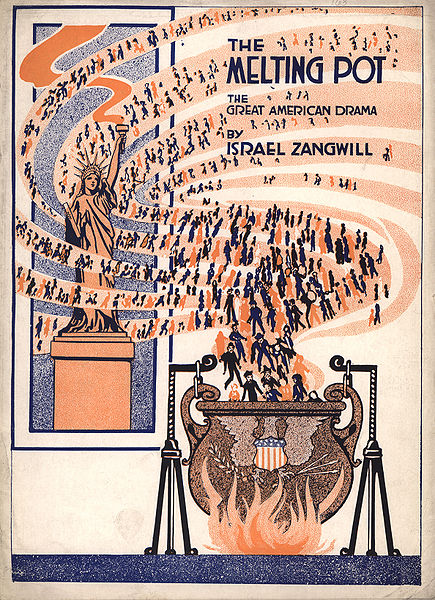
The Melting Pot
In 1908 the play The Melting Pot premiered. Written by Israel Zangwill it depicts the life of an immigrant family in America’
“America is God's Crucible, the great Melting-Pot where all the races of Europe are melting and reforming... Germans and Frenchmen, Irishmen and Englishmen, Jews and Russians - into the Crucible with you all! God is making the American."'
Thank you to my brother Michael and his wife Dawn for the historical information on Libario Castano
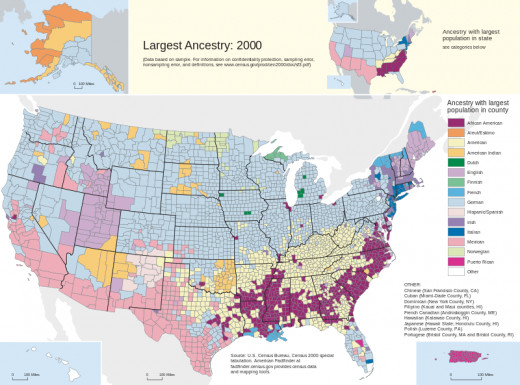
Marco Rubio's Story
Copywrite 2012, 2013 by Bill Dussault

